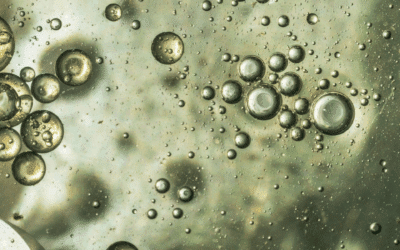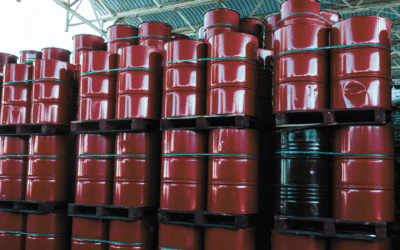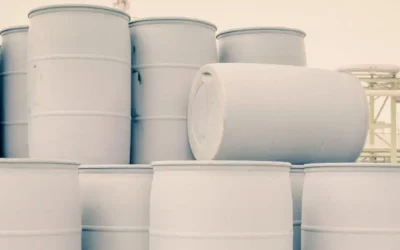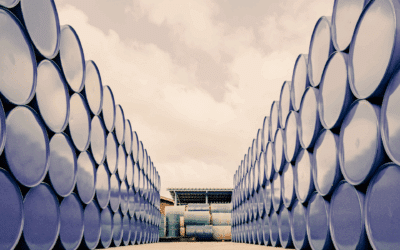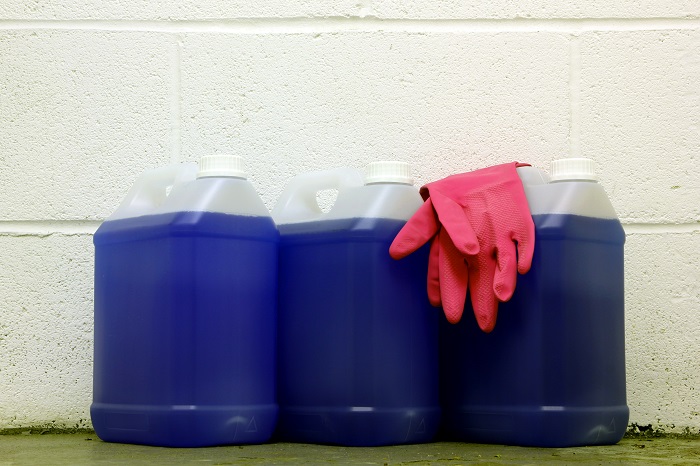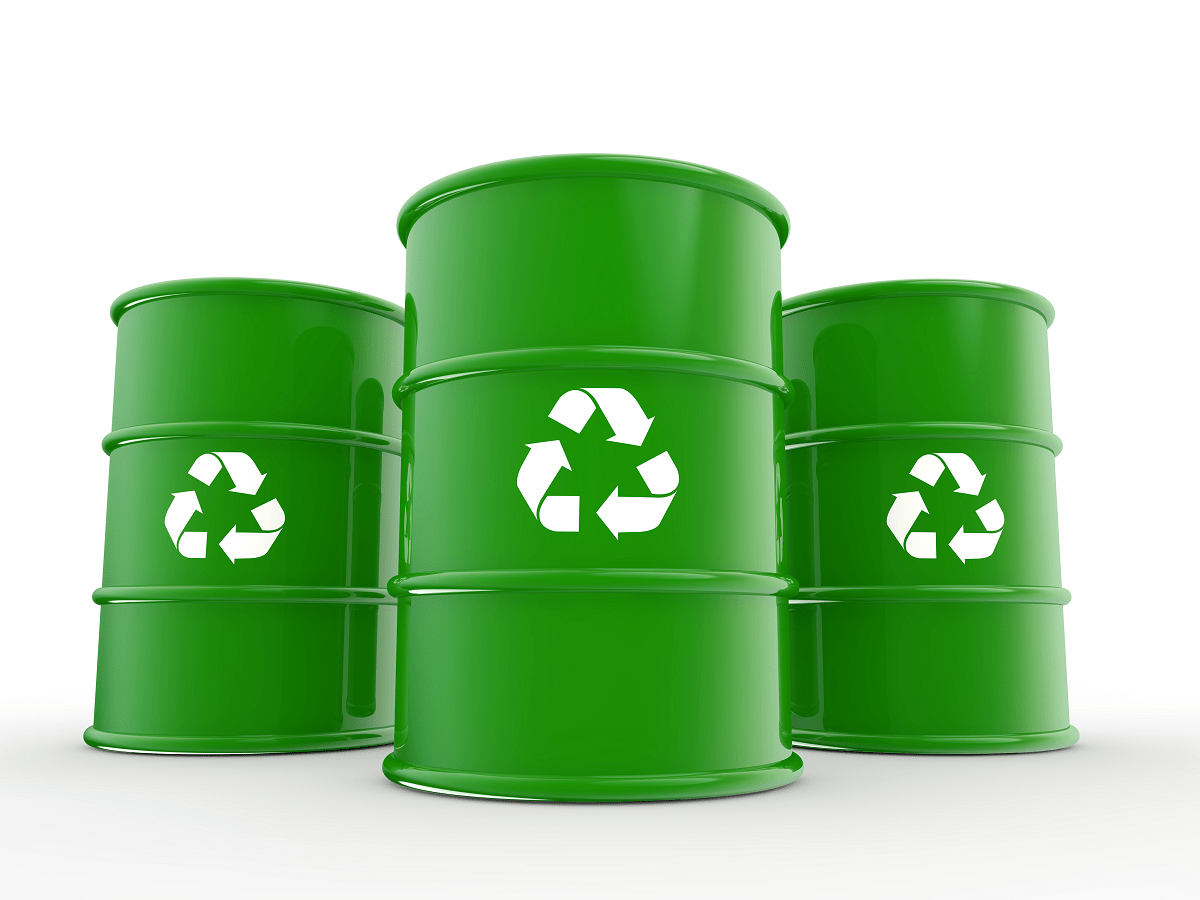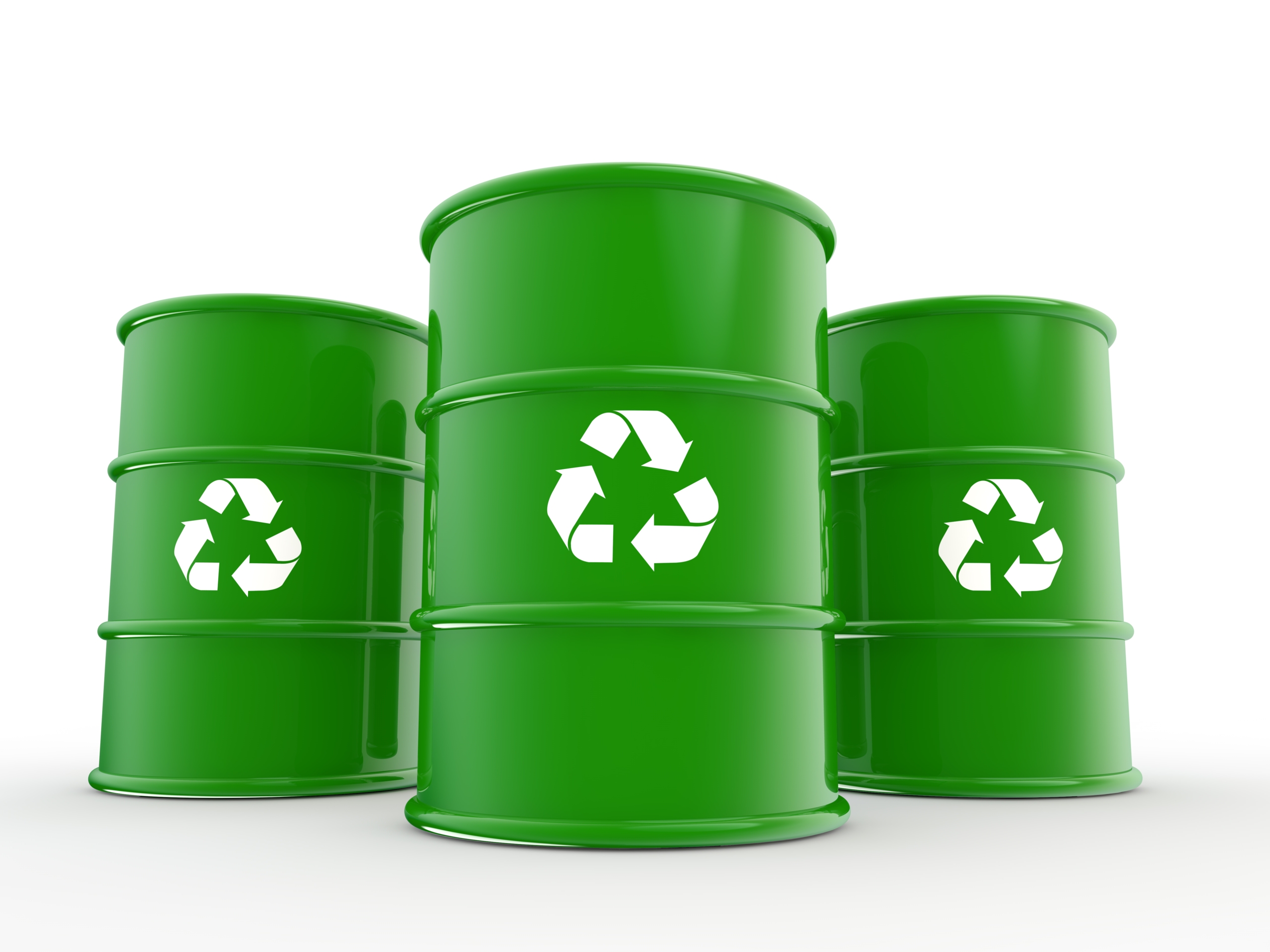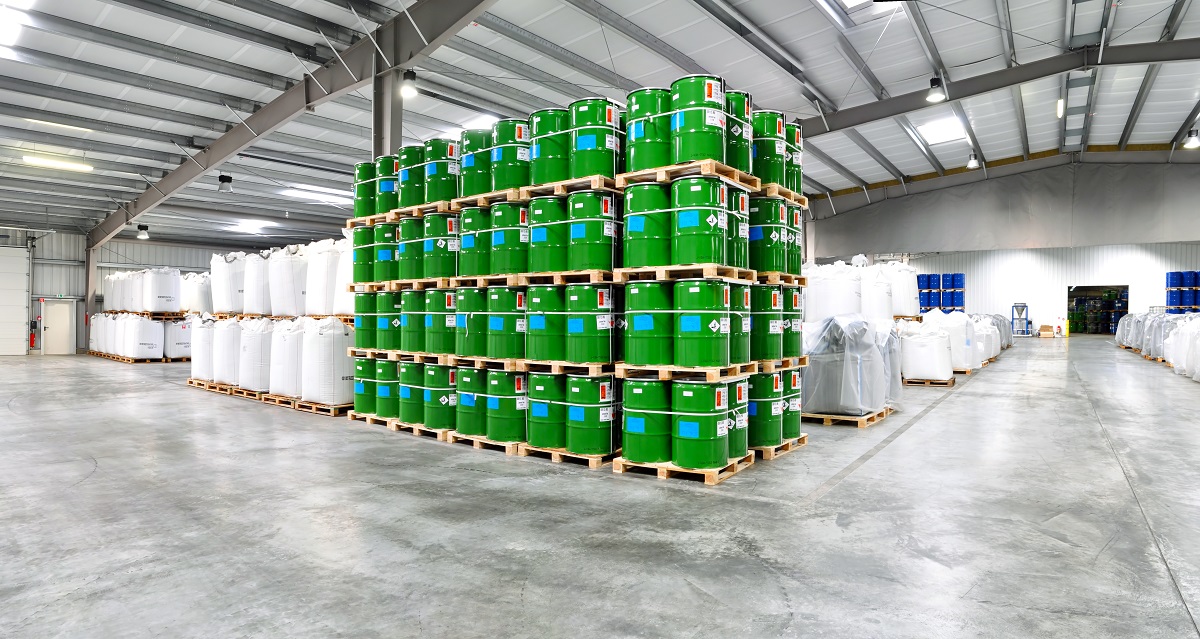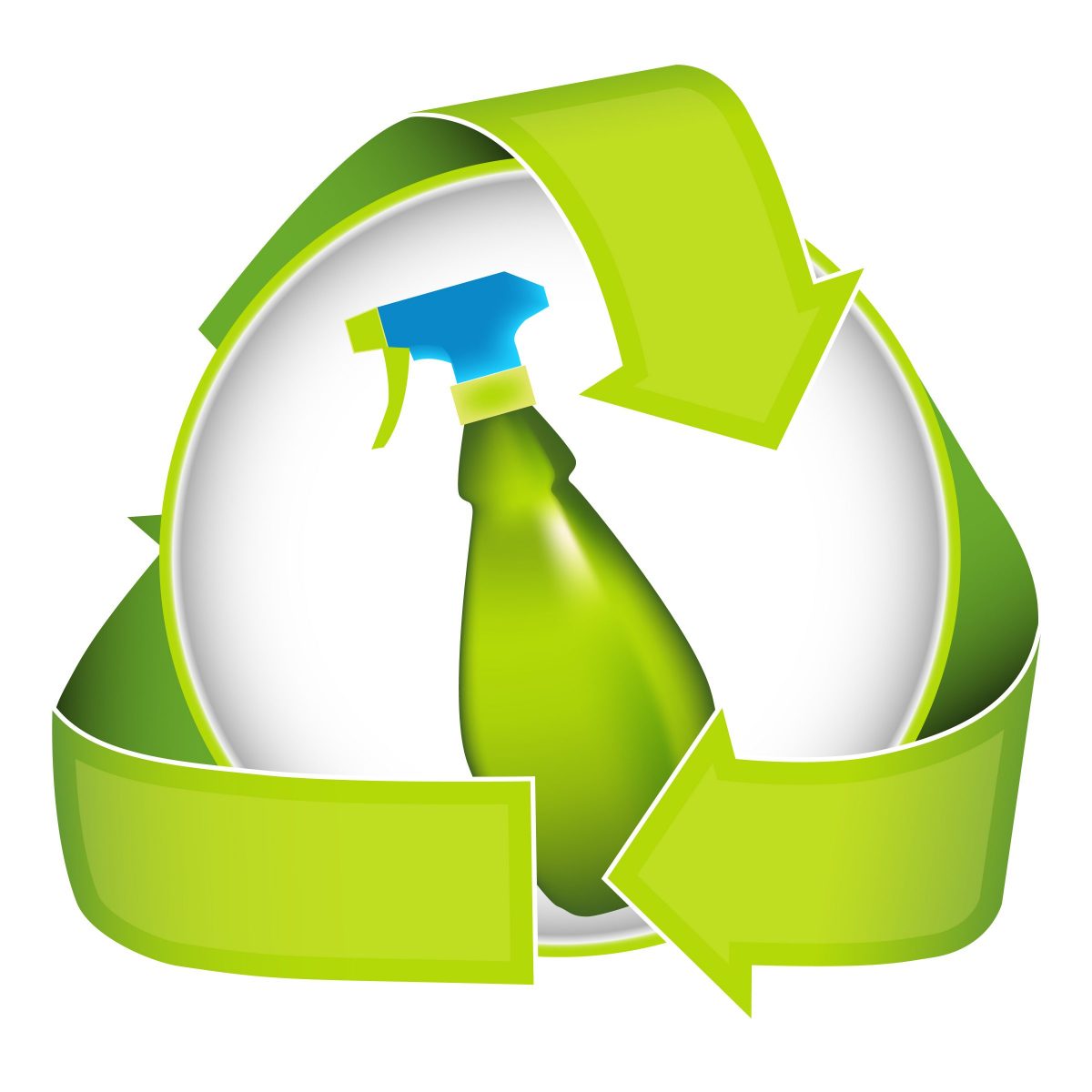Photo by Sonika Agarwal on Unsplash Methyl Acetate vs Acetone: Which Solvent Is Right for You? Wondering what the differences between acetone and...
Blog


CHEMICAL INDUSTRY NEWS
Chemical Chat – Discover What’s New!
What are Semiconductor Grade Chemicals?
Semiconductor grade chemicals are a great way to clean delicate electronic surfaces without causing irreversible damage. But which chemical is right...
What is Electronic Grade Chemicals?
Find yourself wondering what electronic grade chemicals are? Whether you’re trying to figure out the best chemical for cleaning your cell phone or...
Semiconductor Grade Chemicals vs. Electronic Grade Chemicals
Chemical grades can be confusing—do I need an ACS grade chemical? A USP? How about a technical grade? Simply put,...
What are Semiconductor Grade Chemicals?
Semiconductor grade chemicals are a great way to clean delicate electronic surfaces without causing irreversible...
Company News
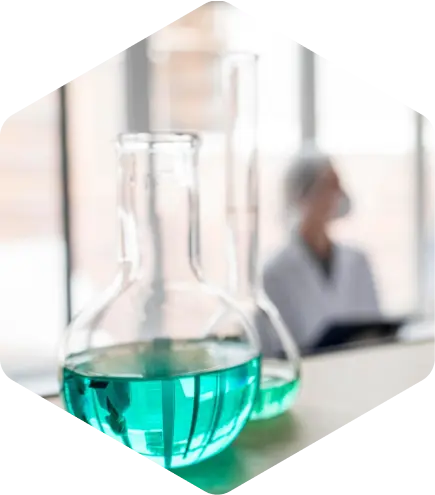
Managed Services
Discover the Latest in Safe and Sustainable Chemical Solutions
Stay informed with Ecolink’s blog! Subscribe now
Chemical Management Information
Stay updated with us
Sign Up for the Latest Updates
Stay informed about chemical supply chain disruptions and emerging innovations to keep your business at the forefront of efficiency and innovation. Uncover new ways to make your business practices more sustainable by incorporating safer products into your cleaning lineup.



